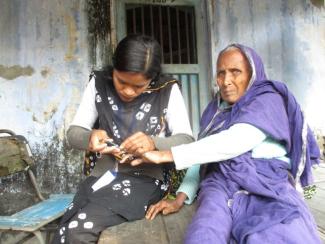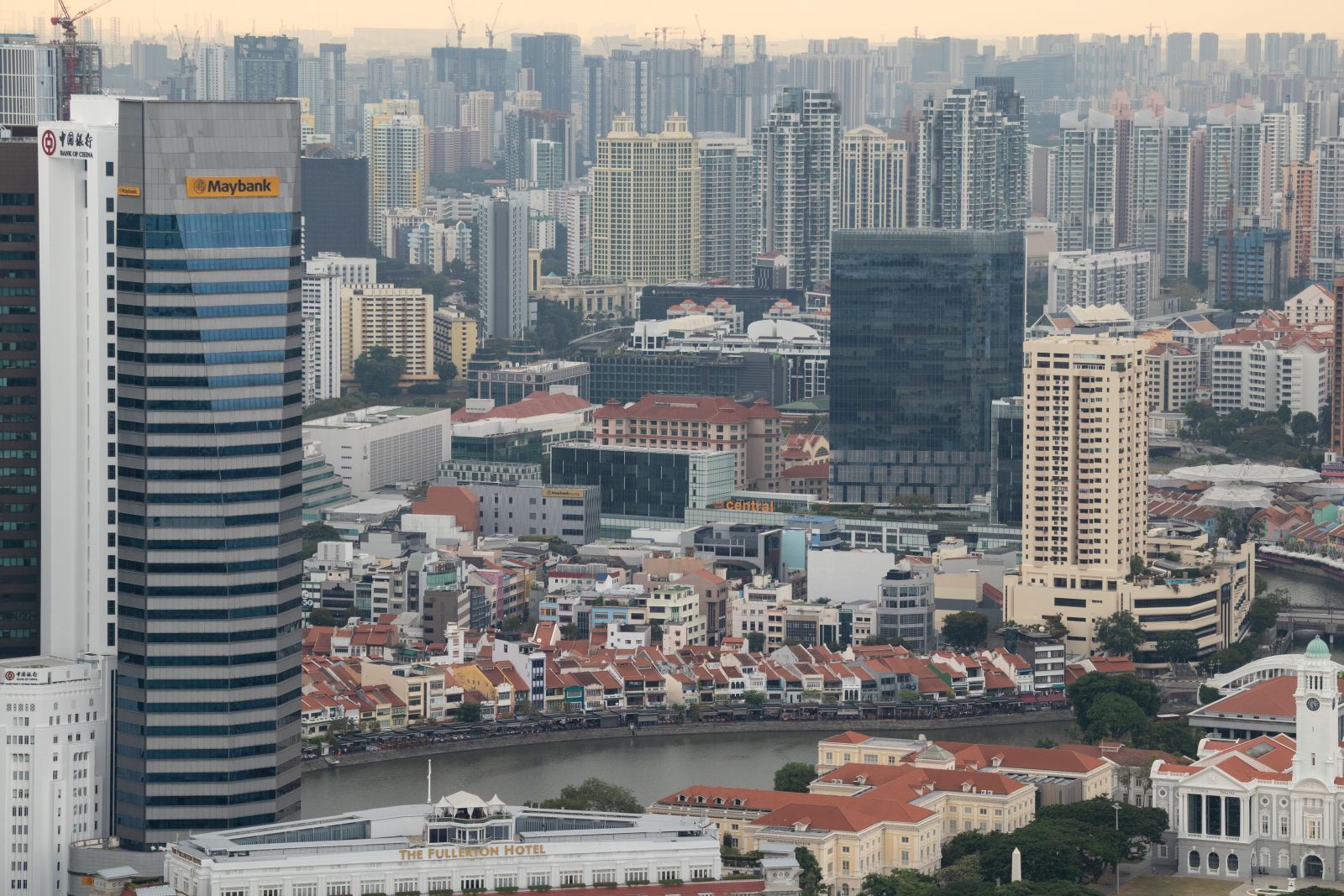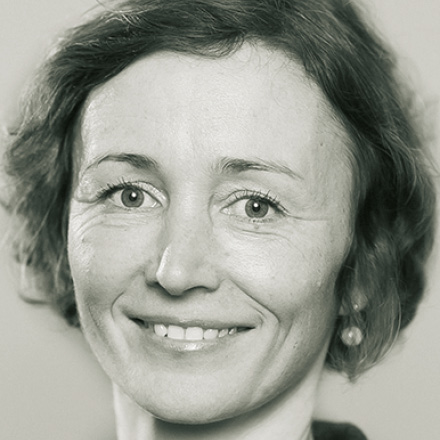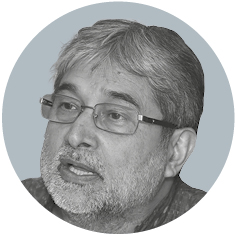Humanitarian aid
Triple mission

How do you assess the global trend of super-rich philanthropists becoming ever more important?
Well, philanthropy misses the important point that people must have a legal entitlement to the fulfilment of basic needs. The Swiss scholar Johann Heinrich Pestalozzi, who lived at the time of the French Revolution, is believed to have said that charity means “to drown rights in the cesspool of mercy”. That is still true. The essential question is always whether people in need have a right to relief or whether they must depend on mercy. The latter is increasingly the case, and that reflects the trend of society being refeudalised, returning to before the French Revolution.
But isn’t medico international doing charitable work?
Yes, we are in the business of humanitarian aid, and in view of all the suffering around the world, that is necessary. We are committed to a triple mission:
- we defend the aid that is necessary,
- we criticise the reality of aid, and
- we want to move beyond aid.
Our goal is to see social-protection systems that are run in a sense of solidarity all over the world. Legal entitlements to essential services must minimise needy people’s dependency on the goodwill of others. Until that is achieved, however, humanitarian aid will stay necessary, and so will criticism of the circumstances that make it necessary.
When people donate money to medico or to the medico foundation, don’t they basically have the same motive as rich philanthropists like Bill Gates, Warren Buffett or Michael Bloomberg? They want to do good.
The big difference is that our donors do not pursue any self-interest, but the individuals you just mentioned do. Our donors are not using their money to design aid according to a business model, as Bill Gates is doing in regard to the World Health Organization. Whoever donates to us endorses our triple mission. The relationship we have with our donors is marked by trust and shared convictions, rather than by control and leveraging.
Why did medico international establish a foundation more than a decade ago? In Germany, several developmental NGOs have adopted similar strategies.
Well, we were considering several things: We wanted to safeguard our independence, and that included becoming less dependent on government funding. Moreover, we wanted to make sure that we can respond to crises that are not spectacular enough to attract media attention. Finally, we wanted to be able to plan long-term. According to German law, a public charity must spend the revenues of fundraising campaigns fast. In contrast, we can use the revenues that accrue from the foundation capital in support of activities that require stamina, such as drafting health policies or promoting global campaigns, like the one against landmines in the 1990s. We knew that some of our donors wanted to bequeath a share of their personal wealth to social causes in the long run. Some had inherited considerable fortunes and wanted to pass on their inheritance. So it made sense to establish the foundation as our second organisational leg. It allows us to act in a more independent and flexible manner.
What is the current state of affairs?
Well, the foundation’s capital is now worth a bit more than € 20 million. We know that medico figures in various people’s wills, so it is set to increase. Many people in Germany own considerable fortunes, and some of them want to have a long-term social impact.
How is the capital invested?
Basically, we consider ethical criteria, including sustainability. We must ensure that our capital stock is not diminished. In view of highly volatile capital markets, we decided to invest some of our capital in a building we would use ourselves. Construction started last summer near Frankfurt’s river shore, and a few weeks ago our offices and those of like-minded organisations have moved in.
How are you using the building?
Our offices occupy some of the floors, and we rented out the others to initiatives that are involved in the kind of social work that we appreciate, including a local housing charity and a counselling service for traumatised refugees. This kind of environment suits us, enabling all of us to have a joint political and cultural impact on Frankfurt’s urban society. The ground-floor has become an event location which we can use for panel discussions, exhibitions, networking at the local and inter-regional levels and other purposes. Another important aspect is that the highly problematic trends that are rocking the urban real-estate market do not affect us any longer. The rents we and our neighbours pay don’t benefit some real-estate investor, but actually serve our mission.
The partner organisations medico supports in developing countries and crisis regions focus on providing essential medical care at the grassroots level as well as on making the conditions in which people live healthier. Does the growing clout of mega-rich individual donors mean that this kind of organisation is getting less funding?
What I notice is that aid is becoming increasingly capital-minded. That applies to official development assistance too, and not only in Germany. Evermore often, social bonds are being promoted, with the goal of mobilising private capital for social-protection causes. The International Committee of the Red Cross only recently launched the first “humanitarian impact bond” internationally. Investors, who provide funding for rehab centres in Syria, for example, are promised a return of seven percent. Such profits will ultimately be paid with tax money, on top of the bond repayment, mind you. Another example is that – unlike grassroots organisations – pharmaceutical corporations, medical-technology providers and institutions like the Gates Foundation always get a say in international health policymaking. The grassroots organisations are keen on changing the unhealthy conditions people live in and don’t care much for high-tech approaches and fast results. Global development affairs are increasingly following a business logic.
Does that not fly in the face of the Sustainable Development Goals (SDGs) that are geared to better social services around the world?
Unfortunately, the SDGs themselves are geared to a business logic. The idea is to achieve them through economic growth, as is spelled out in the fine print of the SDG agenda, rather than to redistribute the existing wealth. When I got involved in international-solidarity matters 40 years ago, we were inspired by authors like Paulo Freire and the liberating message of their “educación popular”. That included the staff of Germany’s bilateral development agencies. Today, the focus is on pragmatic adjustment. Educación popular has given way to silly sounding rhetoric of “financial literacy”. People aren’t seen as adult citizens who are actively involved in public affairs, but merely as little entrepreneurs who must compete with one another to protect their livelihoods.
Thomas Gebauer is the executive director of the public charity medico international as well as the medico international foundation. In the early 1990s, he was a co-founder of the International Campaign to Ban Landmines (ICBL), which was awarded the Nobel Prize in 1997 for its contribution to bringing about the Ottawa convention’s anti-personnel mine ban.
info@medico.de
http://www.medico.de














